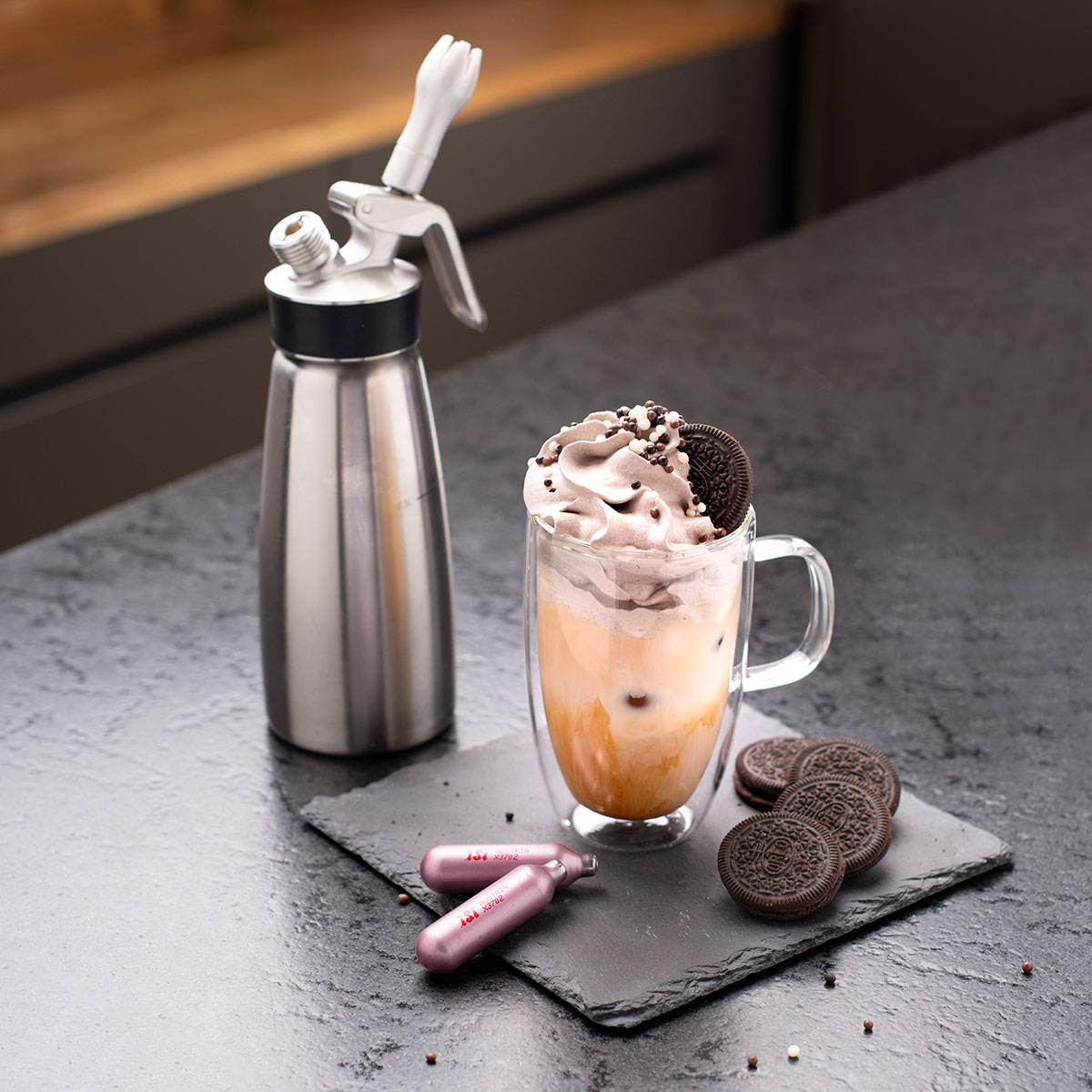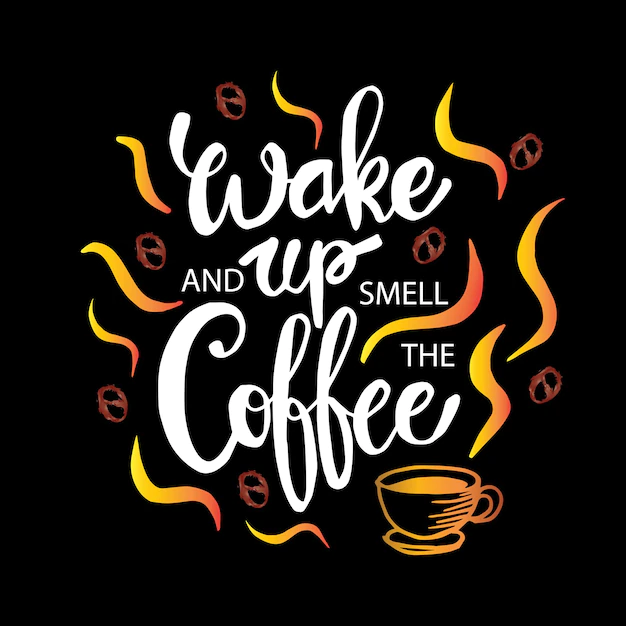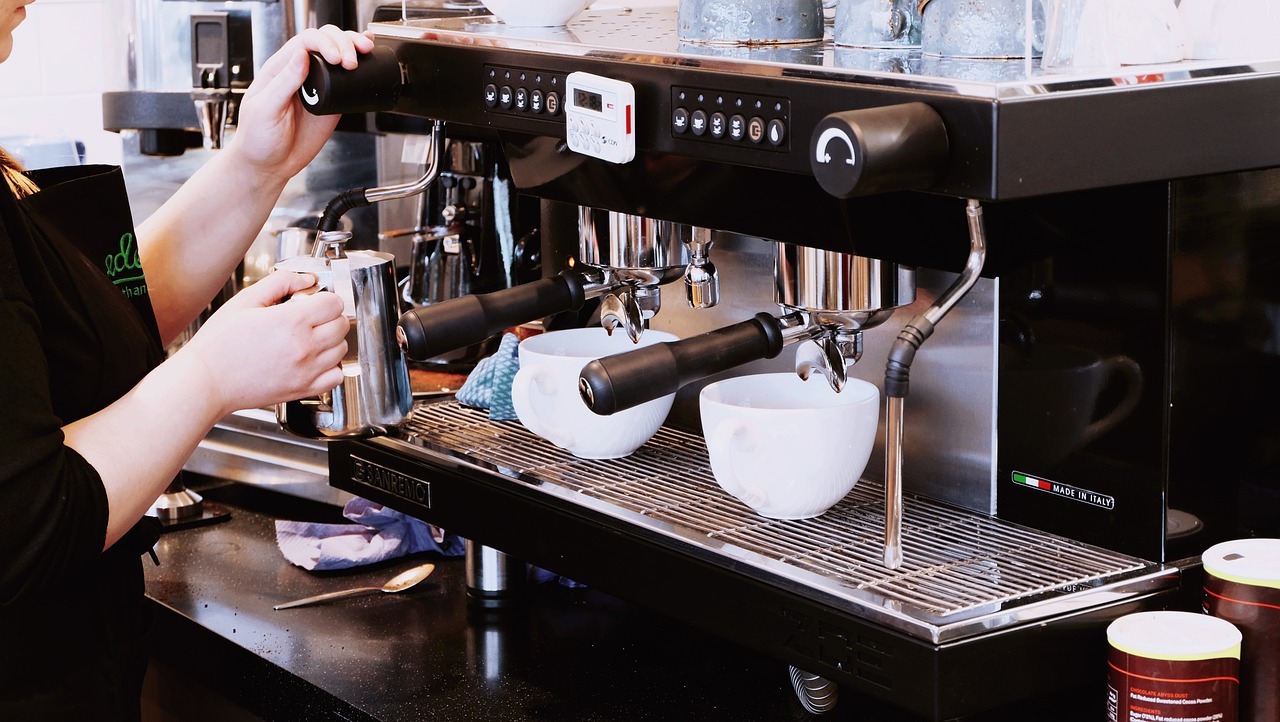
Coffee and carbs – two of the most beloved things in the world. But, what happens when you combine them? There are a lot of myths and misconceptions surrounding the relationship between coffee and carbs. Some people believe that drinking coffee can boost your metabolism and help you burn more carbs, while others think that drinking coffee with carbs will lead to weight gain. So, what’s the truth? As a copywriter and content writer, I’ve done my fair share of research on this topic and I’m here to debunk some of the common myths and misconceptions. In this article, we’ll explore the relationship between coffee and carbs, and take a closer look at how they affect our bodies. So, grab a cup of coffee and let’s get started!
What Are Carbs and How Do They Affect the Body?
Before we dive into the relationship between coffee and carbs, let’s take a closer look at what carbs are and how they affect our bodies. Carbs, short for carbohydrates, are one of the three macronutrients that our bodies need to function properly. They are the primary source of energy for the body and can be found in a wide variety of foods such as bread, pasta, rice, fruits, and vegetables.
When we eat carbs, our bodies convert them into glucose, which is then used as fuel for our cells. Any excess glucose is stored in the liver and muscles as glycogen, which can be used later when our bodies need a quick burst of energy. However, if we consume more carbs than our bodies need, the excess glucose is stored as fat.
While carbs are an important part of a healthy diet, consuming too many can lead to weight gain and other health issues such as diabetes and heart disease. That’s why it’s important to consume them in moderation and make healthier choices when it comes to the types of carbs we eat.
The Effects of Caffeine on the Body
Now that we have a better understanding of what carbs are and how they affect our bodies, let’s take a closer look at the effects of caffeine. Caffeine is a stimulant that is found in coffee, tea, and many other beverages. It works by blocking the action of adenosine, a neurotransmitter that is responsible for making us feel tired.
When we consume caffeine, it can have a number of effects on the body. It can increase our heart rate, boost our energy levels, and even improve our cognitive function. However, it can also have negative effects such as causing anxiety, disrupting our sleep patterns, and even leading to addiction.
It’s important to note that the effects of caffeine can vary from person to person. Some people are more sensitive to caffeine than others, and consuming too much can lead to negative side effects. That’s why it’s important to consume caffeine in moderation and pay attention to how your body reacts.
Common Myths and Misconceptions About Coffee and Carbs
Now that we have a better understanding of what carbs and caffeine are, let’s take a closer look at some of the common myths and misconceptions about coffee and carbs.
Myth #1: Drinking coffee can boost your metabolism and help you burn more carbs.
While it’s true that caffeine can increase your metabolism, there is no evidence to suggest that drinking coffee specifically can help you burn more carbs. In fact, the amount of caffeine in a typical cup of coffee is not enough to have a significant impact on your metabolism. If you’re looking to boost your metabolism, your best bet is to focus on eating a healthy diet and getting regular exercise.
Myth #2: Drinking coffee with carbs will lead to weight gain.
This myth is based on the idea that consuming carbs and caffeine together can lead to an insulin spike, which can cause the body to store more fat. However, there is no evidence to support this claim. In fact, consuming carbs and caffeine together can actually help to improve your workout performance and may even help you burn more calories.
Myth #3: All coffee drinks are high in carbs.
While some coffee drinks can be high in carbs, such as those that contain added sugars or syrups, not all coffee drinks are created equal. For example, a plain black coffee has zero carbs, while a latte or cappuccino can range from 2-12 grams of carbs depending on the type of milk and any added flavorings.
The Impact of Coffee on Metabolism and Weight Loss
While drinking coffee may not directly lead to weight loss, there is some evidence to suggest that it can have an indirect impact on metabolism and weight loss.
One study published in the American Journal of Clinical Nutrition found that consuming caffeine can increase the number of calories burned at rest by up to 11%. Another study published in the International Journal of Sports Nutrition and Exercise Metabolism found that consuming caffeine before exercise can lead to greater fat burning during and after the workout.
However, it’s important to note that these effects are relatively small and may not have a significant impact on weight loss. If you’re looking to lose weight, your best bet is to focus on making healthy lifestyle choices such as eating a balanced diet and getting regular exercise.
The Role of Carbs in Coffee Drinks
As we mentioned earlier, not all coffee drinks are created equal when it comes to carbs. Some coffee drinks can be high in carbs, such as those that contain added sugars or syrups, while others are virtually carb-free.
If you’re trying to watch your carb intake, it’s important to be mindful of the types of coffee drinks you consume. Stick to plain black coffee, or opt for a latte or cappuccino made with almond or coconut milk instead of dairy milk. You can also experiment with adding your own flavorings, such as cinnamon or vanilla extract, to your coffee to add flavor without adding carbs.
Alternatives to Carb-Heavy Coffee Drinks
If you’re looking for alternatives to carb-heavy coffee drinks, there are plenty of options available. Here are a few ideas to get you started:
- Herbal tea: Herbal teas are a great caffeine-free alternative to coffee that can still provide a flavorful and comforting beverage.
- Bulletproof coffee: Bulletproof coffee is made by blending coffee with grass-fed butter and MCT oil. While it may sound strange, this combination can provide a sustained source of energy without the carbs.
- Sparkling water: If you’re looking for a refreshing beverage, try sparkling water with a splash of fresh fruit juice or a slice of citrus.
How to Enjoy Coffee and Carbs in Moderation
If you’re a coffee lover, you don’t have to give up your favorite beverage in order to maintain a healthy diet. The key is to enjoy coffee and carbs in moderation.
Stick to plain black coffee or opt for a latte or cappuccino made with almond or coconut milk instead of dairy milk. Be mindful of the types of carbs you consume and aim to make healthier choices such as whole grains, fruits, and vegetables. And, of course, be sure to get plenty of exercise and stay hydrated throughout the day.
Coffee and Carb-Friendly Recipes
If you’re looking for some coffee and carb-friendly recipes to try at home, here are a few ideas:
- Greek yogurt with coffee and nuts: Mix together Greek yogurt, cold brew coffee, and your favorite nuts for a protein-packed breakfast or snack.
- Healthy coffee smoothie: Blend together cold brew coffee, banana, almond milk, and a handful of spinach for a healthy and satisfying smoothie.
- Low-carb coffee cake: This low-carb coffee cake is made with almond flour, coconut flour, and a touch of stevia for sweetness.
Conclusion and Final Thoughts
In conclusion, the relationship between coffee and carbs is complex and often misunderstood. While drinking coffee may not directly lead to weight loss, it can have an indirect impact on metabolism and weight loss when consumed in moderation. By being mindful of the types of carbs and coffee drinks you consume, and making healthier choices, you can enjoy both coffee and carbs without sacrificing your health goals. So, go ahead and grab that cup of coffee – just be sure to enjoy it in moderation!







